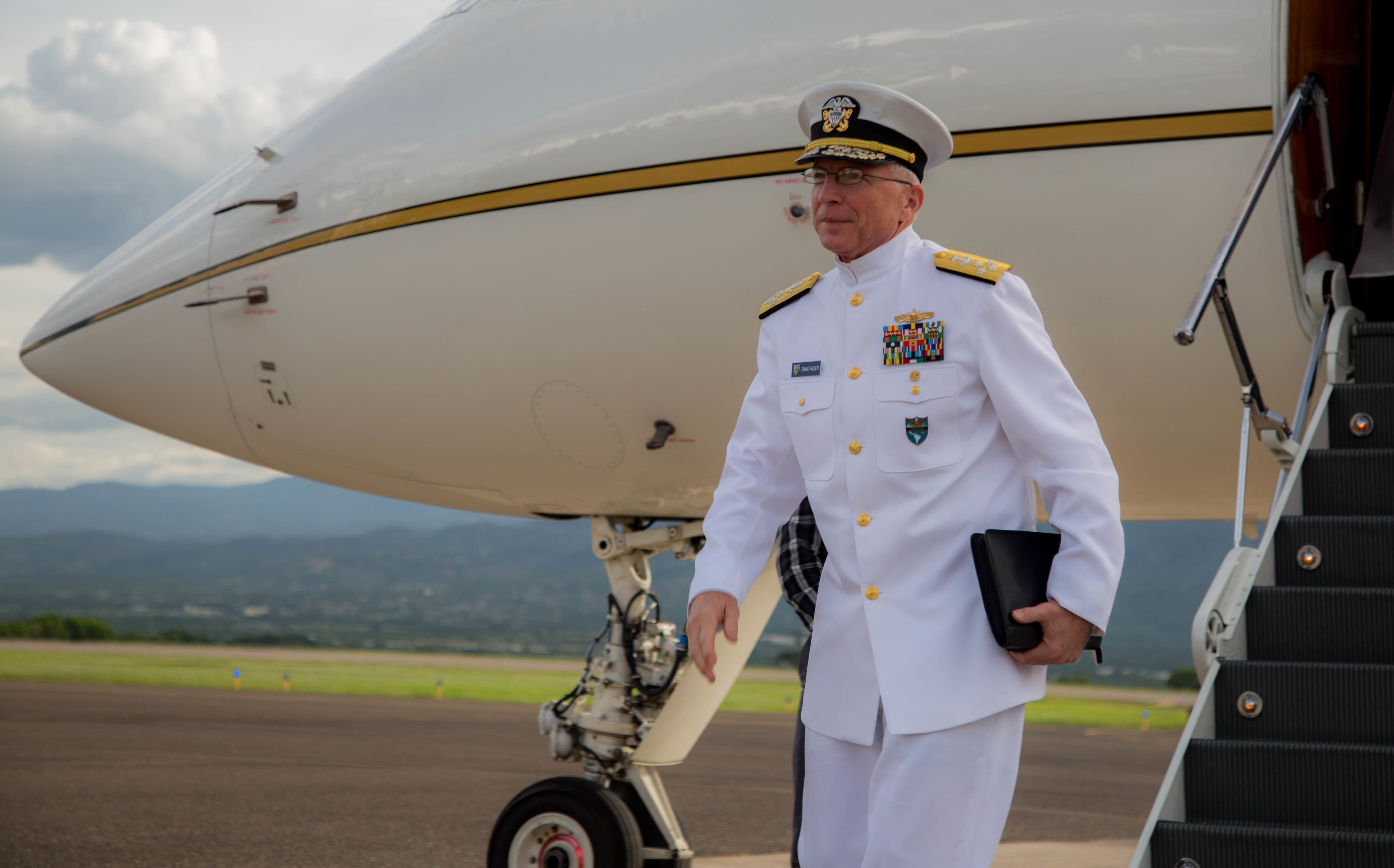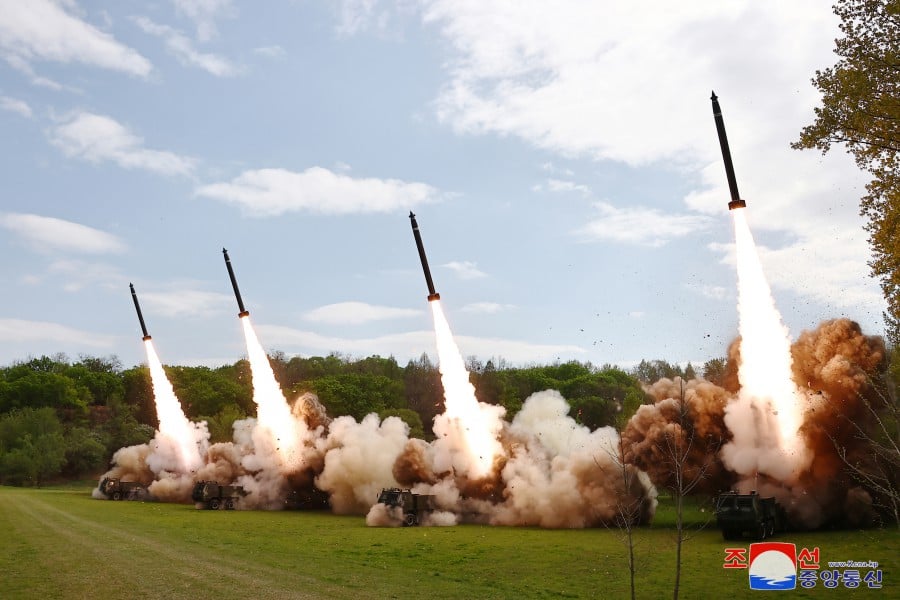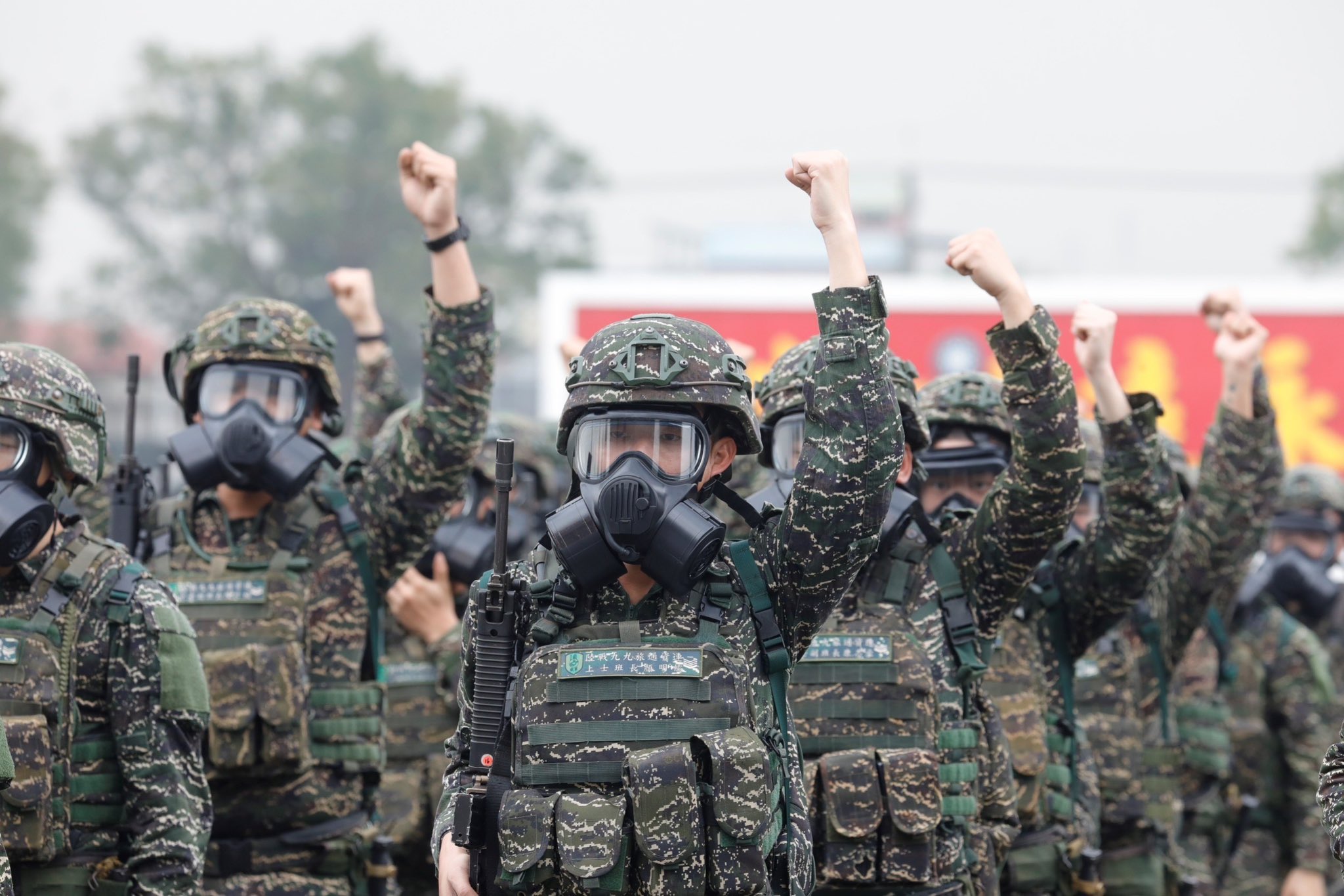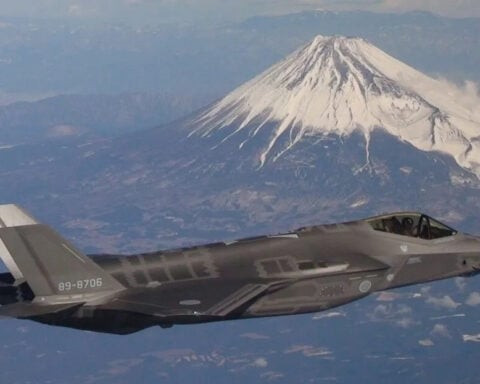
China’s soft power moves in the Western Hemisphere – from building ports to sharing information on space and offering wireless 5G technologies – “have hard aims” with military implications that are drawing increased attention in Washington, the admiral in charge of U.S. Southern Command told a Senate panel on Tuesday.
Referring to a military-run facility Beijing has built in Argentina, Adm. Craig Faller said, “China has global aims” and “is working on space across the globe.” The long-range goal is to give Beijing “a more global view of all space capabilities” from nations like the United States.
Because the hearing before the Senate Armed Services emerging threats and capabilities subcommittee was open, Faller did not go into detail beyond saying the station’s operation was very concerning to American national security interests.
The Chinese have said their intentions are peaceful in building and operating the station with a 16-story antenna. As an example of its use, China has said the station was an important element in its successful landing on the dark side of the moon earlier this year and added that visitors are welcomed.
Another area of mounting interest to the United States has been China’s work with Nicolas Maduro’s Venezuelan government in building up its cyber capabilities. Like Moscow, Beijing “is blurring the lines” between military assistance, investment in infrastructure, sponsoring disinformation campaigns that color political events, and using propaganda to support their aims in winning business and influence.
Across the hemisphere, Faller said Beijing has been marketing Huawei’s “safe city/smart city” technology as a means to improve both security and IT architecture in Central and South America.
“We’ve explained the risks” of how that technology can be abused to control political opponents, as Maduro is doing to monitor citizens’ innocent activities, and the long-term dangers of doing business with Huawei because of its close ties to the Chinese government.
“They turn to us and ask what’s the alternative,” Faller said. The ministries and military say “we need IT infrastructure,” he said.
Looking at Chinese involvement from the Caribbean through Central and South America, he termed it still largely economic and on a scale that the United States cannot compete with in in terms of volume.
On the military side, Faller said boosting the money allocated to educate foreign military officers and noncommissioned officers in the United States would pay great dividends.
“Twenty-seven of 31 nations [in SOUTHCOM] are democracies,” and stressing democratic values, human rights, better governance and tackling “the number one issue – corruption” “is the best way to out-compete China.
Faller said Brazil and Colombia “are very good examples” of where this is happening in activities ranging from intelligence-sharing to education to eradication of narcotics.
In answer to follow-up questions, Faller said, “it’s hard to turn down cash,” which in some cases Beijing is offering to gain entry to interior and defense ministries.
“The best way [to retain influence in the hemisphere] is to be consistent” in presence and policy, he said. As he said in his opening statement and repeated in slightly different ways, “security cooperation is our best [way] to change these challenges [from Russia and China] to opportunities.” He cited the visit of USNS Comfort (T-AH-20) to Peru and Colombia to offer medical and dental treatment to their citizens and refugees from Venezuela as an example “that shows the very best of the United States of America.”
Looking at Russia’s involvement in the hemisphere, particularly in Venezuela, Faller described Moscow’s actions as those of a “wounded bear” trying to re-assert its power. It has sent hundreds of military advisers and equipment maintainers – as well as paramilitaries – as it has in Ukraine to “prop up the puppet regime,” referring to Maduro. Russia is also sending its warships to make port calls there and sent two strategic bombers to Venezuela late last year in a show of support to Maduro when tensions between the Washington and Caracas were at their height.
Several times during the hearing, Faller returned to corruption being the “number-one security threat we face” in Southern Command, and its roots affect basic governance, allow illegal human and narcotics trafficking, spur migration and open the way for alliances between criminal gangs and terrorists.
As for his needs, particularly to help stem the flow of narcotics, Faller said the assignment of a Littoral Combat Ship this fall to the command will help, as well as more investment in intelligence, surveillance and reconnaissance (ISR) assets. He wants to continue training using Special Forces and Marines with the region’s land forces.
He added that he would like to do more “high-end exercises” with the hemisphere’s militaries, like the UNITAS 2019 exercise, to raise capabilities and ensure interoperability of equipment and systems.
When asked several times about how narcotics interdiction could be improved from current levels, he said more assets help, but “it’s a supply problem and a demand problem.” Faller noted 40 percent of the interdictions are now being made by regional governments, but only 6 percent of the identified traffic is being stopped.





